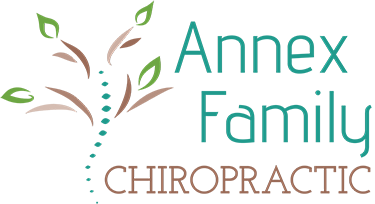I haven’t done a running theme for a while. Even if you’re not a runner, read on, you may still gain some health knowledge.
Chances are you know I love to run. And while I haven’t been consistently running, it’s a work in progress, as Hayden can’t get enough of it these days, and he’s a great motivator! And since it seems the lockdown has pushed many more into our ranks, I thought it was time to show a little love to the runners.
So for your viewing pleasure today, here is why I strongly feel runners should get stronger (let’s call it my experience and science combo):
Strength
Often overlooked, strength is a big component of endurance. That’s thanks to a little thing known as ‘economy of effort’. Here’s how it works: if you expend less energy with every foot fall, it means your energy reserves will last longer and you’ll be able to run faster for longer periods of time.
In a study of well-trained runners, an 8-week strength training program improved strength and running economy. But perhaps what was most appealing to me is the runners in this study increased their time to exhaustion by 20%!
(That means they could go 20% longer when working at max capacity.)
Increased Power Output
Increased power output lets you keep your foot on the gas even when you’re tired.
According to research, adding a little ‘horse power’ improves speed, without increasing the demand on your heart and lungs. V02 max has long been considered the gold standard for aerobic capacity. However, a lesser known factor called vMART might be a better predictor of running performance.
That stands for Maximal AnaeRobic Testing
Here’s what’s interesting about that: having good cardio is helpful for this test, but just as important is how well you can generate power under fatigue. A stellar vMART shows you can push to faster speeds when the going gets tough.
Prevent Injuries
Per my last email, strength is a support structure. (Like the foundation of a house) You need strength for joint stability, and to protect your knees, hips, and back. Without it, the ligaments, tendons, and smaller support muscles take the brunt of the load. And all this added strain leads to pain and injury. I can personally attest – over the last 18 years of my running career, the times when I felt least prone to injury or strains/sprains or pains was when I had a core and leg strength training program alongside my runs.
Look Good
Hey, let’s face it…
Who doesn’t want to look their best? Strength training can give you that defined look, and it burns fat by boosting your overall rate of calorie burn. This doesn’t mean you put on weight or look bulky, a common fear runners have. Strength is more the result of changes to the nerves, tendons, and muscles than it is tied to muscle size. Note that the runners in the 8-week weight training study I mentioned above did not gain any weight.
Anyway, hope this was useful. If you’re not currently under care and you’d like help with running performance, or any sort of pain, injury or health issue, email us or call the clinic at (416) 967-4466 to book your comprehensive assessment (or re-assessment, if it’s been a while).
Let’s make sure this summer is an active one!
I think we deserve it. ;-)
Dr. Josh
P.S. WE ARE OPEN! Here are our current hours (which may increase shortly if Hayden takes kindly to resuming his daycare):
Monday: 9:30 am – 12:00 pm (3:00 pm – 5:45 pm in July..)
Tuesday: 3:00 pm – 5:45 pm
Thursday: 3:00 pm – 5:45 pm
Friday: 9:30 am – 12:00 pm
P.P.S. Click here to watch a brief, updated clinic tour and learn how we’re keeping you safe:


